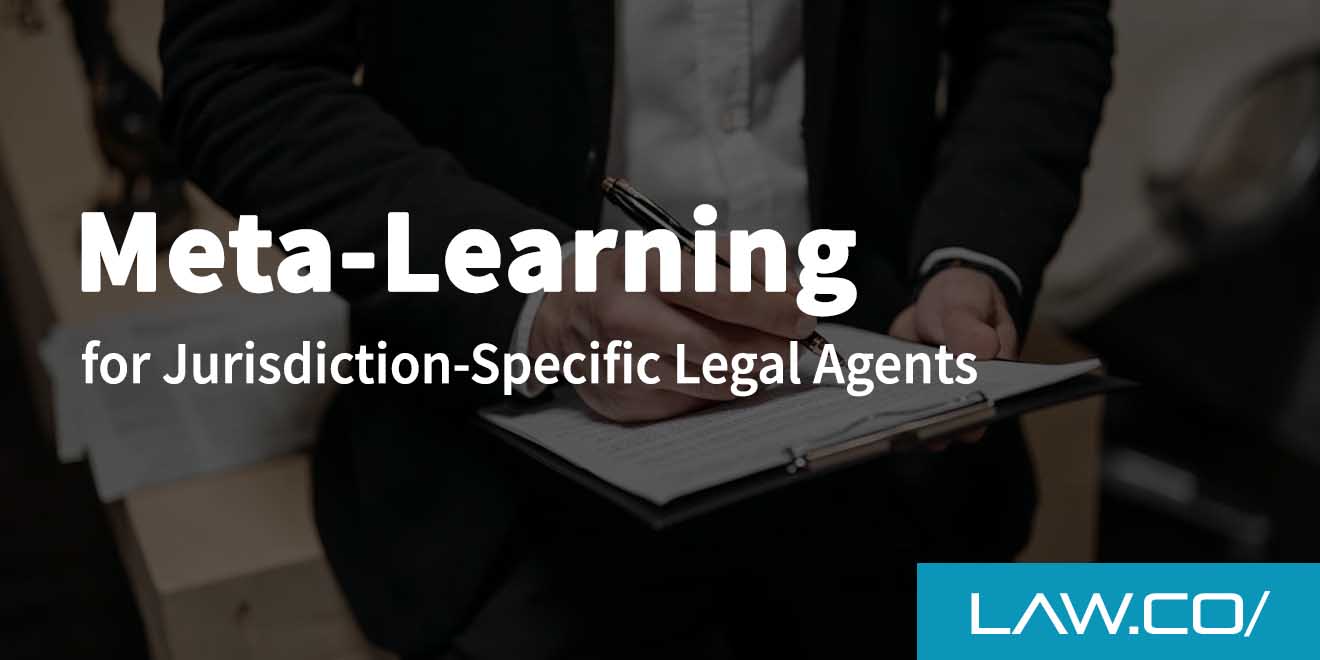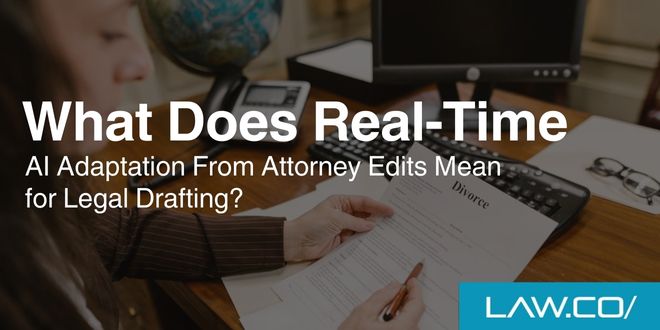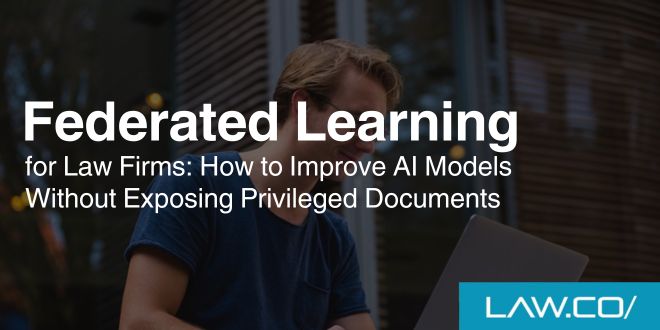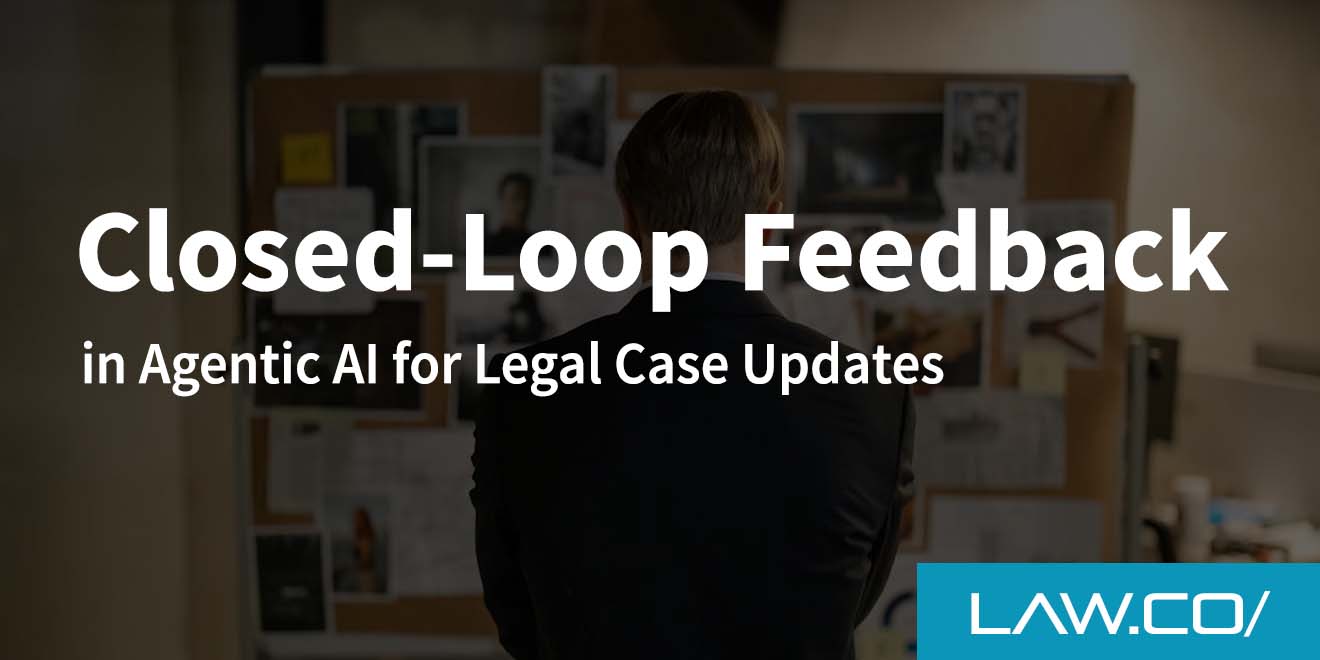

How Do You Get Optimal Results From Legal AI?
As a society, we've come to recognize search engines as some of the best research tools available. With the right prompts and strategies, you can find almost anything you're looking for. However, getting the perfect results does require a bit of forethought, and preferably some skill in using search engines.
With legal AI, things are no different. When used optimally, legal AI can be incredibly useful, but at the same time, there are potential pitfalls to watch out for.
So how do you get optimal results from legal AI?
The Best and Worst of Legal AI
At its best, legal AI is a tool that can greatly accelerate your productivity and make your work much more convenient. It can save you hours of research and manual drafting, and help you come to important conclusions faster. You can also use it to automate various tasks so you can free up time and focus on things that are more important.
But there are some key weaknesses and drawbacks in even the best legal AI tools. AI is still capable of producing hallucinations, or total fabrications in response to user prompts. It doesn't truly “understand” legal terms of art, nor is it capable of thinking for itself. It can only access a finite pool of resources, and its developers may have imposed strict limitations on what types of information it can provide.
If used recklessly and irresponsibly, legal AI can be a liability. And even if you avoid that worst-case scenario, using AI suboptimally could make you waste time or compromise your overall productivity.
What Is an Optimal AI Result?
What exactly is an optimal AI result?

· Relevant. Hopefully, the answer you get is going to be relevant to your target. If you're looking to draft a contract, an optimal result is a contract draft that adheres to all of the guidelines you want. If you're researching a topic, you should get highly relevant cases.
· Thorough. Results should also be relatively thorough, especially on the research side of the equation. If you're asking a legal AI system to summarize a case, you don't want it missing key facts or details from the holding. Sometimes, you need more thorough answers, while other times, you may be fine with simpler ones, but this is a variable that needs to be squarely within your control.
· Useful. Ostensibly, you're using legal AI to accomplish something in the legal profession. Accordingly, optimal results should be useful to you. If you have to cancel your query and start again from scratch, the initial result you got was not optimal. If you reviewed the answer but decided it wasn't very good, such that you moved onto do the research manually, your initial result was not optimal.
· Accurate. When it has access to reliable information, legal AI is astoundingly accurate. But when there are gaps in user queries, or when there isn't clear information available, AI is susceptible to hallucinations and mistakes. Optimal results are as accurate as possible.
· Efficient. And of course, we also need to think about efficiency. You might get perfectly accurate, useful results, but if it takes you 25 queries to get there, it might cost you more time than it's really worth. Ideally, you'll be able to get optimal results promptly and with minimal effort on your side.
So how do we get those results?
Starting With a Strategy
First, you need to start with a strategy. Generative AI engines are designed to be as intuitive and usable as possible, such that users can jump right in and start chatting. There's nothing wrong with conversational queries or playing around with legal AI based on the thoughts off the top of your head, but if you're trying to be as productive and optimal as possible, your actions need to be carefully planned and grounded.
What exactly are you looking for? Why are you looking for it? What is the cleanest way you can ask for what you need? What are the possible misinterpretations you might encounter and how can you avoid them?
You need to be ready to spend time on this. Although legal AI is a tool capable of accelerating your productive work, it requires your concentration and focus.
Understanding the Strengths and Limitations of Legal AI
Legal AI can help you with myriad tasks, from drafting critical documents to researching case law. It can draft content, run searches, and scan documents for typos with ridiculous speeds, far outpacing entire teams of diligent human beings. It's very good at processing data, replicating natural language structures, and explaining things in simple terms.
However, legal AI is largely focused on pattern recognition, and there are some things it simply can't do. If it doesn't have access to certain information, it can't give it to you. It can't guarantee mistake-free results. It may be subject to biases and other errors of reasoning, based on how it was developed. And its work always needs to be double checked.
Accordingly, legal AI isn't suitable for every legal task, and you need to understand where its limitations are so you can step in and complement it. The better you understand the strengths and limitations of legal AI, the more efficiently you'll be able to use it.
Choosing the Right Platform
There are many legal AI products on the market, and there will likely be even more in the future. Part of your success depends on your ability to choose the right legal AI product. You should strongly prefer products that were designed with lawyers in mind, and ones that have access to the largest, most reliable databases. You also need to consider factors like security, privacy, and even subjective usability.
Do your due diligence and test each legal AI tool before you make your final decision. The better your legal AI system is, the better your results are likely to be. Also note that reasonable people can differ in terms of legal AI preferences; the system that works best for your colleague may not be the system that works best for you.
The Basics of Prompt Engineering
Aside from these strategies, one of the best things you can do to get more optimal results is learn and master the art of prompt engineering. Prompt engineering is the practice of deliberately and methodically structuring your prompts so that you get better, more reliable results.
It's something that takes practice and refinement, but these fundamentals can get you started:
· Break it down into steps. Instead of going directly for the end result you want, consider breaking the process down into steps. This way, you have more granular control over the procedures that your legal AI is going to follow, and you can trace how your legal AI is operating on a step by step basis. If something goes wrong, you'll waste less time fixing it, and you'll typically end up with more thorough information as a result.
· Pick the right jurisdiction. Different jurisdictions play by very different rules, as you surely know. Make sure that your jurisdiction parameters, and in fact all your parameters, fully align with the results you're attempting to generate before you hit that return key.
· Be as specific and precise as possible. As a lawyer, you should have plenty of experience with specificity and precision in your communication. You know that a single word of difference, and perhaps even a single punctuation mark, can mean the difference between winning and losing. Treat your legal AI like the toughest, most scrutinizing boss you've ever had, and make sure that all of your prompts are clear, concise, and perfectly worded. Legal AI will still generate meaningful, helpful results with lesser queries, but you'll see far better results if your words are clearer from the outset.
· Recreate past queries and lines of research. Pay attention to optimal results you've gotten in the past period how did you get there? What types of prompts were successful in guiding the legal AI to the results you needed? Can you replicate this formula with slightly updated information to get similar results?
· Incorporate terms of art. Generative AI engines that use large language models are exceptionally skilled at parsing the semantic meaning of even relatively complicated sentences. But in the legal field, we often consolidate complex ideas and phrases into relatively concise terms of art. These terms of art can be incredibly helpful in making sure your results conform to your expectations, especially when it comes to legal research.
· Integrate meaningful acronyms. Similarly, be sure you include meaningful acronyms. This can help the legal AI understand the relationship between various words and phrases and might help you return better research results.
· Start with secondary sources and work outward. The more specific your queries are, the better your legal AI is going to perform, so it often helps to start understanding a topic through a secondary source. Once you have some background in context, you'll be able to use legal AI more masterfully to find primary and secondary sources that align with your needs.
· Provide the context. In any task, it pays to give the legal AI a bit of context. Who is your client? Why do they need this? What are you hoping to achieve? What are the pitfalls you're trying to avoid? It might seem like overkill to explain the background of your request, but it can narrow the focus of the AI and greatly increase your chances of getting optimal results.
· Give examples. Similarly, don't be afraid to give examples to your legal AI. If you're working on an updated version of a nondisclosure agreement (NDA), give it an example of what you want – or even an example of what you don’t want. This extra material might help the legal AI better understand what you're trying to achieve and can give it a foundation to work with. If you don't have meaningful examples, add more details to your request as a substitute.
· Minimize the risk of hallucinations. AI hallucinations are getting rarer, but they still exist. They typically only emerge when the AI feels pressure to come up with a result, when there isn't reliable data or content available, or when the AI is confused about what you're asking for. You can minimize hallucinations by focusing on known factors, making your prompts specific, and carefully working around the weaknesses of the system.
· Double check everything. Even if you do everything right, there's a small chance your legal AI will return bad or misleading information. Accordingly, even the best-seeming results need to be treated with scrutiny. Double check everything that your legal AI gives you, even if it looks to be optimal as intended.
Experimenting and Refining
Using legal AI is a skill like any other, and it demands practice and refinement if you want to improve. Spend time experimenting with your chosen legal AI platform so you can better understand its greatest abilities and inherent weaknesses. The more you play with it, and the more experience you get sorting out good and bad answers, the better you'll be able to get optimal results when you need them.
It's also important to continually practice this. Legal AI is always improving, and it's likely that your platform is going to continuously add new features and close old gaps. The world of legal AI is not going to stop evolving anytime soon, so you need to be ready for continuous improvement on your own.
A Note About Privacy and Confidentiality
One other quick note here: be conscious of privacy and confidentiality concerns. There are many best practices that can help you get optimal results from your legal AI faster, but your highest priority still needs to be protecting client information and generally acting ethically. Don't lose these priorities in pursuit of higher efficiency.
Do you want to see what legal AI is capable of?
Or are you searching for a new legal AI tool to integrate into your practice?
Check out our legal AI platform today!

%201.svg)




.jpg)





